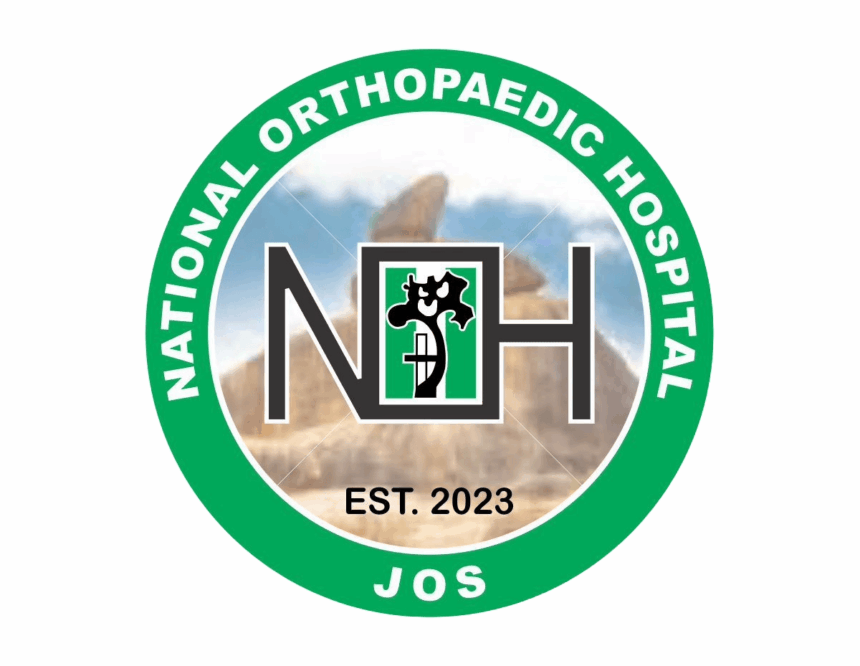The National Orthopaedic Hospital in Jos, Plateau State, began operations four years after its establishment.
The Chief Medical Director, Professor Icha Onoche, has called for increased funding to help the hospital fulfill its mission effectively.
In a statement to the media in Jos, Professor Onoche announced that outpatient clinics will officially open today (Tuesday).
He highlighted that the hospital’s initial focus will be on treating fractures, trauma resulting from accidents, hip and joint issues, and other conditions related to movement.
“Our aim is to restore mobility. That’s our function: to help you move again. We want to make our people functional. We are seeing a trend where our population is ageing, and our life expectancy is declining. So, in the days to come, we hope to perform all the sophisticated procedures known in the field.”
He pointed out that with the team the hospital has on the ground, the money spent travelling abroad for treatment will stay in the country, adding that the hospital has the capacity to perform hip replacements, shoulder and knee replacements, and fix any fracture.
“That is our core mandate. And by the grace of God, when we are fully operational, nobody would need to travel abroad for treatment fund treatment; we can do it all here.
“Let me clarify this: this is a regional hospital. It is meant to serve Plateau, Benue, Nasarawa, Kogi, Kwara, and Niger States. These are our immediate constituency. Of course, any Nigerian, and indeed, any human being who needs our help, is welcome. But these six states form our primary service area.”
On the affordability of treatment for Nigerians, the medical director said the National Health Insurance system, which is currently being reassessed and reevaluated, could be of assistance to patients by reducing the cost of treatment.
Professor Onoche, who said the hospital, like any other, has to look inward for funding, mentioned that the National Health Insurance Agency needs to address this issue seriously and work to include more people under the scheme so that insurance can cover these treatments.
He further narrated that in other countries, procedures like hip and joint replacements are funded through insurance. Adding that a similar thing can be done in Nigeria by reviewing policies on the health insurance system.
“For now, most of our patients pay out of their pockets. The cost varies from one hospital to another. But let me be honest—orthopaedic care is extremely expensive. For instance, a hip replacement costs about ₦3.2 million. A shoulder replacement is around ₦7 million. A knee replacement, about ₦3 million. Even the most basic fracture care starts at around ₦300,000 and goes up from there.
“Yes, it’s super expensive—but we have to start somewhere. Fortunately, we have a government that is investing significantly in healthcare. In my 61 years, no government has spent as much on healthcare as the current administration. Through the Ministry of Health and through us, so much investment has been made. I believe, in a short while, the impact of these efforts will become even more visible.”
The medical director, who said the hospital is still awaiting TETFund grants from the federal government, added it is presently
processing through NEEDS Assessment and that if the funds come, they will go a long way in helping the hospital manage its debt.
READ MORE FROM: NIGERIAN TRIBUNE







 and then
and then